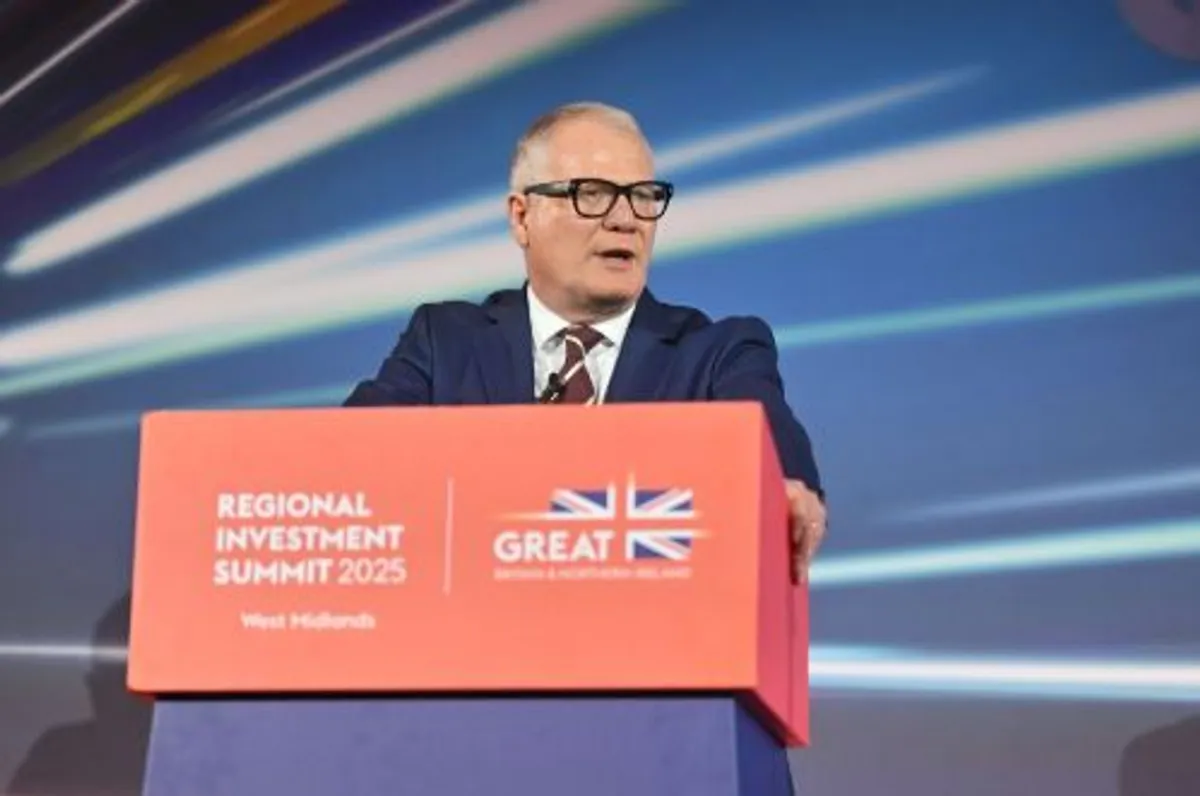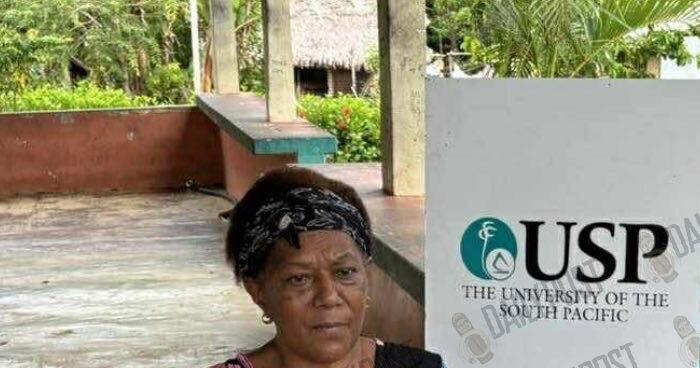Copyright expressandstar

A new report by an Aston University researcher concluded that a lack of appropriate public transport was one of the key things impacting businesses, their staff and customers. ‘Visitor Economy-Public Transport Use Across the West Midlands’ Evening Economy’ focuses on travelling to and from evening cultural events such as concerts, theatre and gigs, and examines not just the ticketholders but also the staff who work at the venues. Key findings from the report included 40 per cent of audiences use public transport to attend events but only 18 per cent use it for return journeys due to poor late-night services. Train services are also preferred for long-distance travel but are unreliable after 10pm while single-occupancy car use is dominant undermining Clean Air Zone goals. It also found employers face recruitment and retention issues due to poor transport options while inter-city transport was also seen as an issue with smaller cities and towns isolated when it comes to night-time cultural engagement. Earlier this year, West Midlands Mayor Richard Parker set up a commission to look at ways of strengthening and growing the night-time economy. A spokesperson for the West Midlands Combined Authority said: “We have worked with Aston University and the West Midlands Growth Company on this research. “We will use the findings to see how we can make travelling at night easier and safer, to support our bars, restaurants, theatres and venues, as well as the region’s many essential night shift workers. “This work will further inform our plans as we take public control of our bus network from 2027. “Public transport is crucial in delivering a safe and thriving night-time economy for everyone.” The study was written by Live Music Mapping Project and coordinated by Dr Patrycja Rozbicka, the university’s senior lecturer in politics and international relations. Dr Rozbicka said: “The key aims of this research were quantifying the use of public transport to attend regional cultural attractions in the evening including take up, information and safety, from within and outside of the West Midlands. “We also examined the needs of staff who work at venues such as their ability to return home after a night shift and whether a lack of suitable public transport makes it difficult for employers to retain evening-shift staff. “The study maps out cross-regional cultural attractions and visitors’ destinations against existing transport network, including the identification of gaps. “Finally, we looked at the environmental impact of single car travel and alternatives such as taxis. Many events often end at 11pm but there is little public transport provision at that time and ride-sharing services such as Ubers are not available in all towns.” Becky Frall, head of tourism at the West Midlands Growth Company, said: “More people than ever are visiting and spending money in the West Midlands to enjoy the region’s world-class cultural, sporting and hospitality offer, so it is vital that the infrastructure is in place to support those who come here for a great evening out, and work here too. “We are pleased that the research from our partner Aston University provides us with a clear evidence base to improve public transport for our night-time economy sector, which is so crucial to the West Midlands.”



